Kindness
by Naomi Shihab Nye
Before you know what kindness really is
you must lose things,
feel the future dissolve in a moment
like salt in a weakened broth.
What you held in your hand,
what you counted and carefully saved,
all this must go so you know
how desolate the landscape can be
between the regions of kindness.
How you ride and ride
thinking the bus will never stop,
the passengers eating maize and chicken
will stare out the window forever.
Before you learn the tender gravity of kindness
you must travel where the Indian in a white poncho
lies dead by the side of the road.
You must see how this could be you,
how he too was someone
who journeyed through the night with plans
and the simple breath that kept him alive.
Before you know kindness as the deepest thing inside,
you must know sorrow as the other deepest thing.
You must wake up with sorrow.
You must speak to it till your voice
catches the thread of all sorrows
and you see the size of the cloth.
Then it is only kindness that makes sense anymore,
only kindness that ties your shoes
and sends you out into the day to gaze at bread,
only kindness that raises its head
from the crowd of the world to say
It is I you have been looking for,
and then goes with you everywhere
like a shadow or a friend.
from The Black Maria, part VIII.
Arecelis Girmay
…How true,
the thinness of our hovering between the realms of Here, Not Here.
The fight, first, to open, then to breathe,
then to close. Each of us entering the world
& entering the world like this.
Soft. Unlikely. Then—
the idiosyncratic minds & verbs.
Beloveds, making your ways
to & away from us, always, across the centuries,
inside the vastness of the galaxy, how improbable it is that this iteration
of you or you or me might come to be at all—Body of fear,
Body of laughing—& even last a second. This fact should make us fall all
to our knees with awe,
the beauty of it against these odds,
the stacks & stacks of near misses
& slimmest chances that birthed one ancestor into the next & next.
Profound, unspeakable cruelty who counters this, who does not see.
& so to tenderness I add my action.
Few years back, give or take (it barely matters on a cosmic timeline), dear person Molly says to me—well, a lot of things and I need to hear them all, that's just the kind of person Molly is—anyway she says to me, she says:
"The most honest thing, the kindest way possible."
There was a whole story that came with that but it’s none of your business and anyway, I don't remember.
What I remember is simply the most honest thing, the kindest way possible.
There have been a few times in recent years I’ve been told something, gifted really, that I knew then and there might change my life forever:
Two things can be true at once.
The lesson will repeat itself until it is learned.
You deserve to take a breath.
The most honest thing. The kindest way possible.
Kindness matters, oh yes it does. The way we speak to each other and engage one another—even and especially in the midst of conflict which, as a reminder, is inevitable—matters.
We will find ourselves in conflict again and again, with strangers and, harder still, loved ones. Another friend, I'll call them Kris because that is their name, with whom I have had many expansive, imaginative and altogether beautiful and difficult conversations this past year, likes to wonder: How do we navigate conflict skillfully?
I do not know. I'm trying to learn.
I suspect Molly's wisdom has something or everything to do with it.
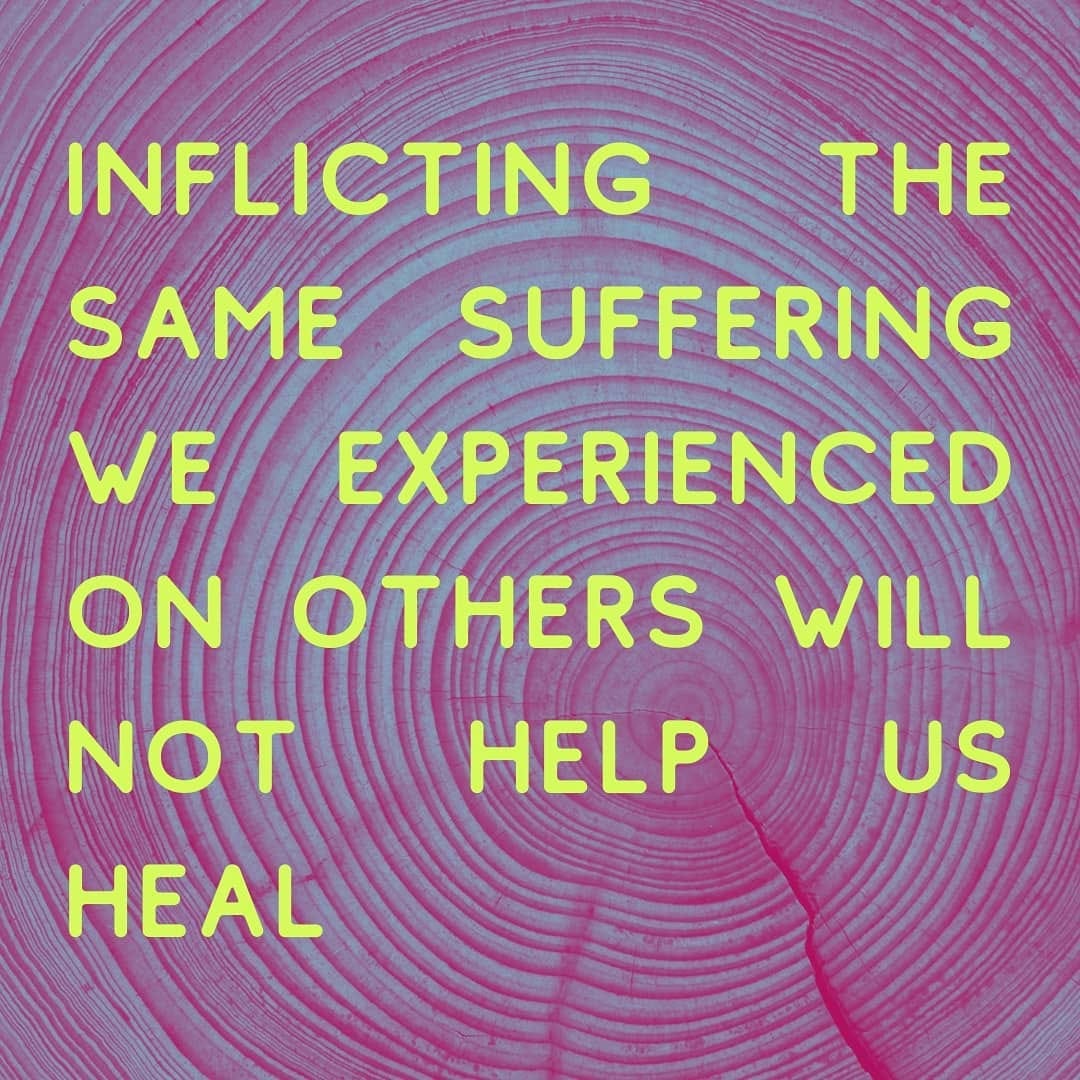
Honesty, above all, yes of course. This alone can be challenging. But honesty offered as kindly as possible—not so gently as to go unheard, but gently enough that it holds the space, fresh earth in cupped palms, allows for struggle and misunderstanding, clears the path toward clarity and makes patience feel possible—this is another animal. Call it an albatross, or white whale. There are days it feels mythological in scope. But myths exist for a reason, or so I've heard. What do I know? Nothing. (Which they say is the key to knowing, maybe one day, everything. Or at least something.)
Here is what I know:
I am easily exhausted these days by casual cruelty.
What a waste of perfectly good breath.
I hope we can agree: part of the project here—and it’s absolutely got to be—is we have to start living the way we’d like the world to be. Right?
I’d like the world to be peopled and flowered and flush with so much goddamn compassion and kindness it weeps like syrup from our pores and into every crevice everywhere, sowing just more of itself and blossoming into an unbordered expanse of honest possibility, a space for many truths and for every one a home.
Oh no, I’ve gone and run myself back toward another poem.
from A Great Wagon
Rumi
Let the beauty we love be what we do.
There are hundreds of ways to kneel and kiss the ground.
~
Out beyond ideas of wrongdoing and rightdoing,
there is a field. I’ll meet you there.
Some intentions, perhaps, for the day and week and world ahead:
Let the beauty you love be what you do.
Hold what space you can for conflict gently.
The most honest thing. The kindest way possible.
Okay. I’ll see you soon.
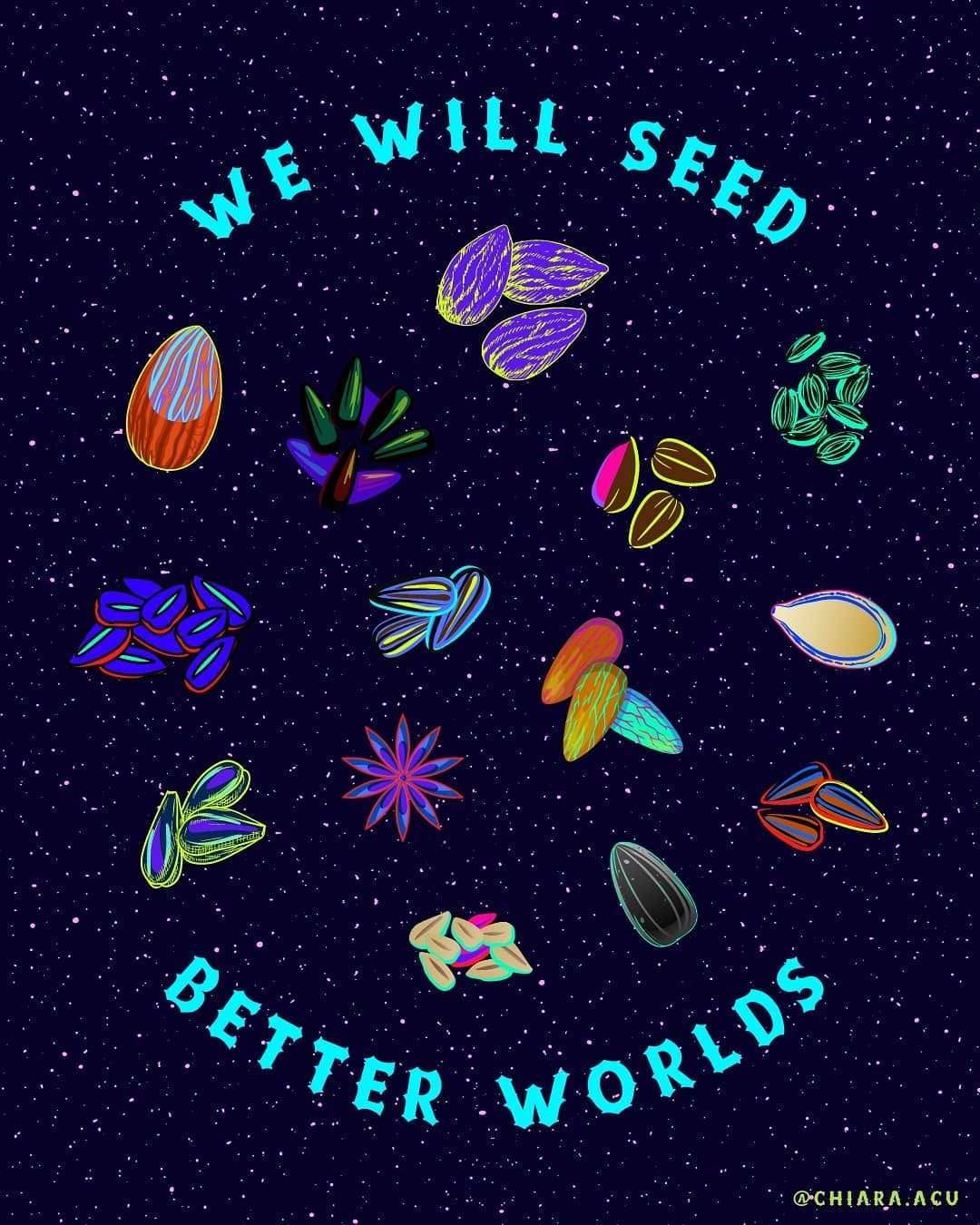


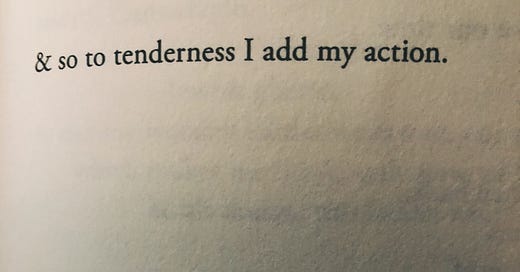

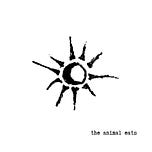

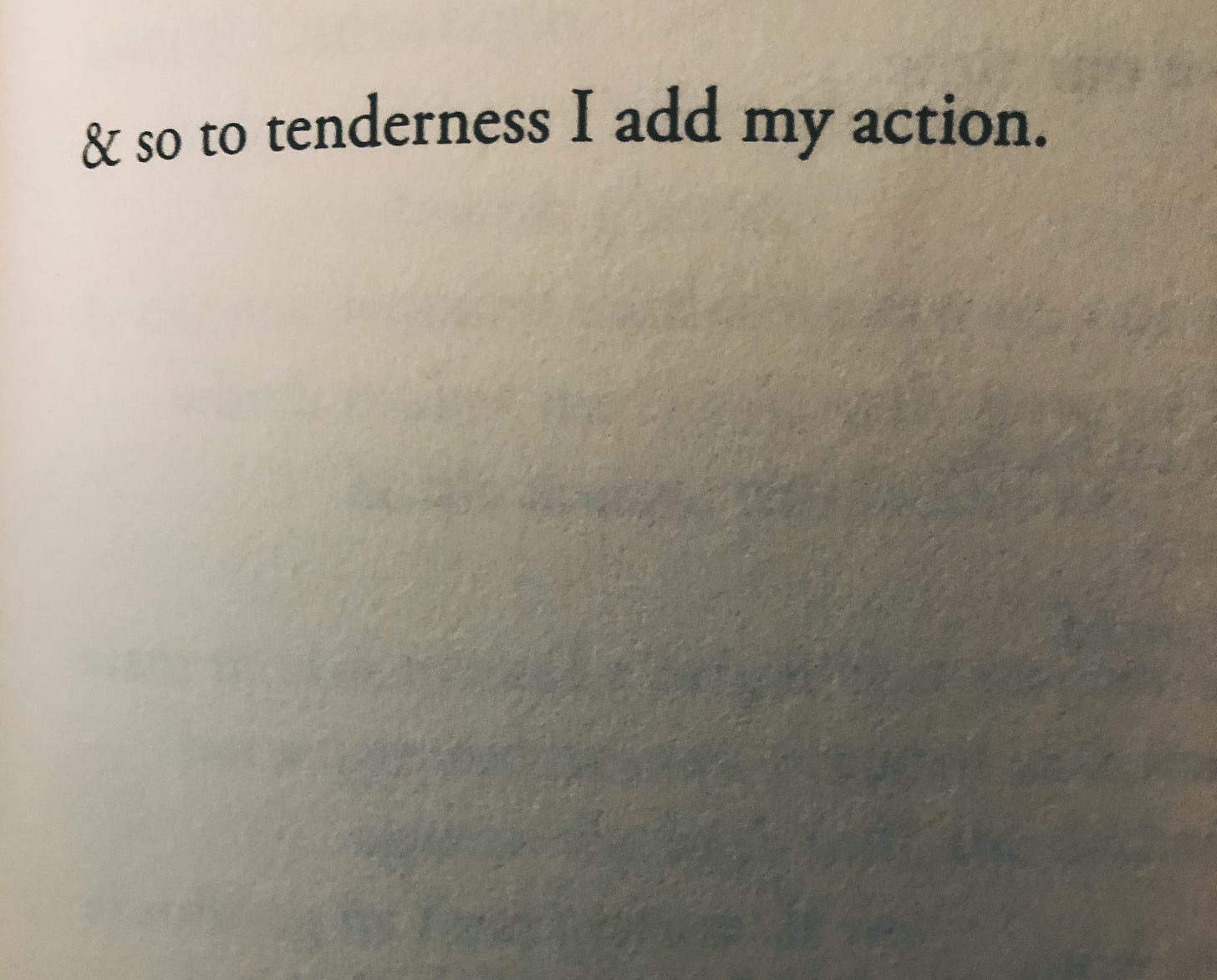


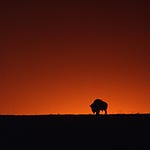


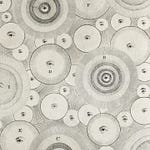


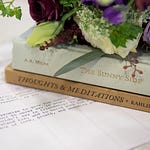
Share this post